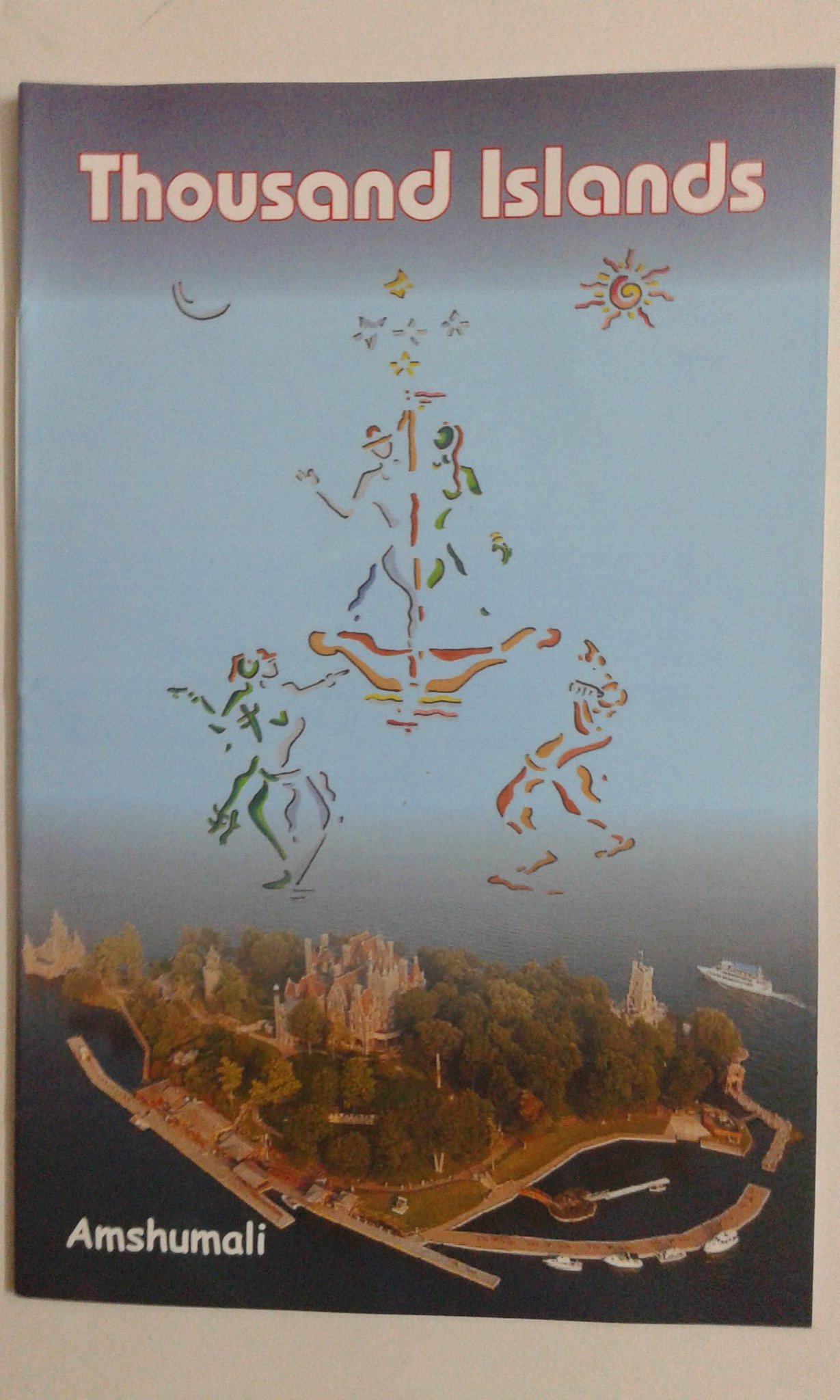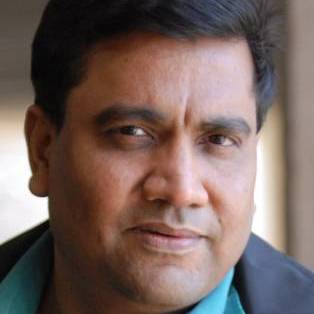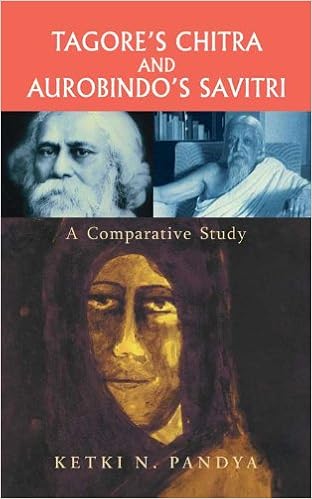This blog helps students and teachers to study English language, literature and Indian English literature-Manasi Sudhir, udupi
Tuesday, December 27, 2016
Sunday, December 25, 2016
Nudi - Nade - Sojan .K. G { A collection translations of Vachana's written by Chandraiah Naidu in Kannada }

Nude Nade -A collection of translations of Vachana's written in Kannada by Chandraiah Naidu . First Edition - 2016 , Price - Rs 50 . Published by Niyuktha , Agrahara , Bhahmavara , Udupi District , Karnataka , India
Contact -Sojan K. G -- email- sakahiriadka @gmail.com , Mobile-8970816312
Monday, December 19, 2016
Amshumali - Thousand Islands { A Skit }

Thousand Islands { Skit }
Translated from Kannada to English by -Jayadeva Prasad Moleyara
Pubished By -Bindu Prakashana, 4-603 , Navami , 80 Badagubettu Village, Alevoor Road , Manipal-576104
Mobile-9844923297
Email-amshumalik@gmail.com
First Impression-2016-Price - Rs 20
Copyright - Author
Saturday, December 17, 2016
Tuesday, December 13, 2016
Sunday, December 11, 2016
Monday, December 5, 2016
Sunday, December 4, 2016
Saturday, November 12, 2016
Friday, November 11, 2016
Thursday, November 10, 2016
Wednesday, November 9, 2016
Monday, November 7, 2016
Tuesday, October 25, 2016
Sunday, October 23, 2016
Monday, October 10, 2016
Tuesday, September 27, 2016
Sunday, September 4, 2016
Pro . Prabhakara Acharya - " POINTS OF VIEW
I conducted some poetry and literature appreciation programs, and workshops, after I retired. My
regret is that I didn’t take any for ‘creative writing’. They are important. Not every-one will become a poet, a novelist or a dramatist after attending a workshop. But when one learns the technicalities of writing, one learns to read and respond to literary works better. And there is so much to teach and learn.
regret is that I didn’t take any for ‘creative writing’. They are important. Not every-one will become a poet, a novelist or a dramatist after attending a workshop. But when one learns the technicalities of writing, one learns to read and respond to literary works better. And there is so much to teach and learn.
Take ‘points of view’, for example. I thought it was a matter most readers would easily understand, but I realize now that it needs some explanation. So here it is:
There are mainly three points of view; the subdivisions will come later:
1. The first person (‘I’) point of view.
2. The second person (‘You’) pt of view.
3. The third person pt of view.
2. The second person (‘You’) pt of view.
3. The third person pt of view.
I’ll take 2 first. I wonder if any novel has ever been written in the 2nd person. (If you come across one, please let me know.) But there are plenty of poems; and short stories certainly can be written in it. Let me, just for fun, try writing a few lines as the first paragraph of a story:
As you walk up the winding road, going uphill, you begin to breathe more freely. The rickety bus that brought you to the small village at the foot of the hill has gone back. The dust it raised has long settled down. The stale idlies you ate in the dingy village restaurant have not yet started troubling you. The climb becomes steeper. But you can’t slow down. It is already nearly two in the afternoon. It will take another four or five hours for you to reach the temple, and the house of the priest standing next to it. It has been ten years since you went there with two of your friends. You had slept in the priest’s house then, wondering how he and his wife could survive in that hovel – with their one year old child – all by themselves. The child must be eleven now. You had gone up to the Sarvajna Peetha, built by Adi Sankaracharya more than a thousand years ago, before break of day early next morning. What a steep climb it was! At one place, where there were deep gorges on both sides of the way, your friends had to drag you up because you had vertigo. Where are those friends now? Just below the Peetha you had all sat down on a rock to see the sun rise. The clouds were all beneath you. Then the sun rose and the clouds started lifting up their hands – or tentacles? God, what a sight it was! Is that why you are going up again, after all your troubles, with the forlorn hope that there might be, in that place, something waiting for you, something that would lift up your bruised spirits?
It took me about 15 minutes to write this, another five to revise it. My purpose is to show that a short story CAN be written in the second person point of view. I don’t think a novel can be. As for poetry, my favourite book of poems – Arun Kolatkar’s ‘Jejury’ – is mostly in the Second person. Look at some lines from the first poem, THE BUS:
You look down the roaring road.
You search for signs of daybreak in
what little lights spills out of the bus.
You search for signs of daybreak in
what little lights spills out of the bus.
Your own devided face in a pair of glasses
On an oldman’s nose
Is all the countryside you get to see
On an oldman’s nose
Is all the countryside you get to see
Or look at the beginning of A LOW TEMPLE:
A low temple keeps its gods in the dark.
You lend a matchbox to the priest.
One by one the gods come to light.
A low temple keeps its gods in the dark.
You lend a matchbox to the priest.
One by one the gods come to light.
There is one important difference that must be pointed out. In the passage I wrote the pronoun ‘you’ is singular. In ‘Jejuri’ it refers to the pilgrim-tourists, and so is plural. My writing is bad, just an exercise, but while writing it the memory of how I and two of my friends had climbed the Kutachadri – in 1957 or 58 – somehow oozed in. Kolatkar’s attitude is laid back, ironic. But for sheer intensity, read the poem AN OLD WOMAN in its entirety.
I started with the Second person narrative point of view because I thought I would be able to finish it in a few lines. It has taken a little longer. Perhaps one or two of you will try writing a short story in the Second person as a challenge. Remember, you will be among the pioneers.
I’ll take up the Third person poin


Thursday, August 25, 2016
Sunday, August 14, 2016
Sunday, July 31, 2016
: Prasad Rao - Rabindranath Tagore's .. Chitra { Directed By Dr. Sripada Bhat. }
Nritya Niketana Kodavoor Udupi: Prasad Rao - Rabindranath Tagore's ...: Rabindranath Tagore's Chitra-Dr Shripad Bhat's theatrical prese ntation : A fusion of art and times Rabindranath Tagore's Danc...
ntation : A fusion of art and times Rabindranath Tagore's Danc...
 ntation : A fusion of art and times Rabindranath Tagore's Danc...
ntation : A fusion of art and times Rabindranath Tagore's Danc...Friday, July 29, 2016
Thursday, July 28, 2016
Friday, July 22, 2016
Thursday, July 21, 2016
Wednesday, July 20, 2016
Tuesday, July 19, 2016
Sunday, July 17, 2016
Saturday, July 16, 2016
Tuesday, June 28, 2016
Wednesday, June 15, 2016
Wednesday, June 8, 2016
Monday, June 6, 2016
Sunday, May 29, 2016
Thursday, May 26, 2016
Tishani Doshi interviews author Rachel Kushner
Tishani Doshi interviews author Rachel Kushner: Rachel Kushner is the author of two acclaimed novels — , which explores the lives of American expatriates in the last days of the United Fruit Company in Oriente, and I ask myself tw o questions when I
o questions when I
 o questions when I
o questions when ITuesday, May 24, 2016
Amitabha Pande reviews Vibhuti Narain Rai's Curfew in the City
Amitabha Pande reviews Vibhuti Narain Rai's Curfew in the City: There is always a certain awkwardness in critically reviewing a work of fiction written with a sincere social and political purpose and one which intends to inform, edu cate and trouble one’s social co
cate and trouble one’s social co
 cate and trouble one’s social co
cate and trouble one’s social coSaturday, May 21, 2016
Wednesday, May 18, 2016
Saturday, May 14, 2016
Beth Watkins - Two moods of Bengali cinema
Two moods of Bengali cinema: That there were only two major heroes in Bengali cinema between the 1950s and ‘70s says something about this film culture: either it is not where heroes were sought or they both had it all to cater to
Friday, April 22, 2016
Monday, March 28, 2016
Friday, March 25, 2016
Saturday, March 19, 2016
Friday, March 18, 2016
‘A writer is not judgemental’
‘A writer is not judgemental’: When Elizabeth Strout, winner of the Pulitzer Prize in 2009 for her book “Olive Kitteridge”, sits down to write, she does not think of her “responsibility to her readers”. Strout says, “As long as I w

Saturday, March 12, 2016
Thursday, March 10, 2016
Monday, March 7, 2016
Monday, February 29, 2016
ಇಂಗ್ಲಿಷ್ ಕಾವ್ಯದ ರುಚಿಹತ್ತಿಸಿ
ಇಂಗ್ಲಿಷ್ ಕಾವ್ಯದ ರುಚಿಹತ್ತಿಸಿ: ಇತ್ತೀಚೆಗೆ ಸಾಹಿತ್ಯ ಓದುಗರ ಸಂಖ್ಯೆ ಹೆಚ್ಚಾಗುವುದರ ಜೊತೆಗೆ ಬರೆಯುವವರ ಸಂಖ್ಯೆಯೂ ಗಣನೀಯವಾಗಿ ಏರುತ್ತಿದೆ. ಅದರಲ್ಲೂ ನಗರದಲ್ಲಿ ಸಾಹಿತ್ಯದ ಓದು, ಬರವಣಿಗೆ ಕಾರ್ಯಾಗಾರಗಳು ಸಾಕಷ್ಟು ನಡೆಯುತ್ತಿವೆ. ಇದಕ್ಕೆ ಮತ್ತೊಂದು ಉದಾಹರಣೆ ‘ದ (ಗ್ರೇಟ್) ಇಂಡಿಯನ್ ಪೊಯೆಟ್ರಿ ಕಲೆಕ್ಟಿವ್’ ಸಂಸ್ಥೆ.
Saturday, February 20, 2016
‘Awards disturb the writer’ - k. v. Thirumalesh
‘Awards disturb the writer’: KV Tirumalesh is a versatile and prolific writer in Kannada. His epic poem
Akshaya Kavya
won the Sahitya Akademi award for Kannada this year. His literary career started in the Navya (Mo
Akshaya Kavya
won the Sahitya Akademi award for Kannada this year. His literary career started in the Navya (Mo

Friday, February 19, 2016
Author Harper Lee passes away
Author Harper Lee passes away: Author Nelle Harper Lee has died at the age of 89, sources said.
She won the Pulitzer Prize for fiction in 1961 for her book, 'To Kill a Mockingbird.' Lee was born April 28, 1926, in M
She won the Pulitzer Prize for fiction in 1961 for her book, 'To Kill a Mockingbird.' Lee was born April 28, 1926, in M

Wednesday, February 10, 2016
Guest lecturers demand regularisation of services
Guest lecturers demand regularisation of services: Udupi: The members of the District Guest Lecturers Association staged a dharna in front of the Clock Tower here on Wednesday demanding regularisation of services and fulfilment of ot her demands.Sriniv
her demands.Sriniv
 her demands.Sriniv
her demands.SrinivMonday, February 8, 2016
Sunday, January 24, 2016
Why everybody loves a good literary festival -Radhika Santanam
Why everybody loves a good literary festival: In the 1950s, when J.D. Salinger wrote
The Catcher in the Rye
, there probably were not many literary festivals. “What really knocks me out,” he wrote, “…is a book that, when you’r e all
e all
The Catcher in the Rye
, there probably were not many literary festivals. “What really knocks me out,” he wrote, “…is a book that, when you’r
 e all
e allSaturday, January 23, 2016
Economic development is affecting rural life: Kambar
Economic development is affecting rural life: Kambar: Jnanpith award winner Chandrashekhar Kambar inaugurated Dharwad Sahitya Sambhrama, a three-day Kannada literary festival, at the Golden Jubilee auditorium of  University here on Friday.In his
University here on Friday.In his
 University here on Friday.In his
University here on Friday.In hisThursday, January 21, 2016
Subscribe to:
Posts (Atom)











.jpg)




![“The [Paris] agreement does nothing to change our current patterns of consumption. Rather, it is only about how we could continue to fuel our current consumption levels with the use of solar or other sustainable forms of energy.” Photo: Shanker Chakravarty](http://www.thehindu.com/multimedia/dynamic/02935/17THAMITAV_2935272g.jpg)









